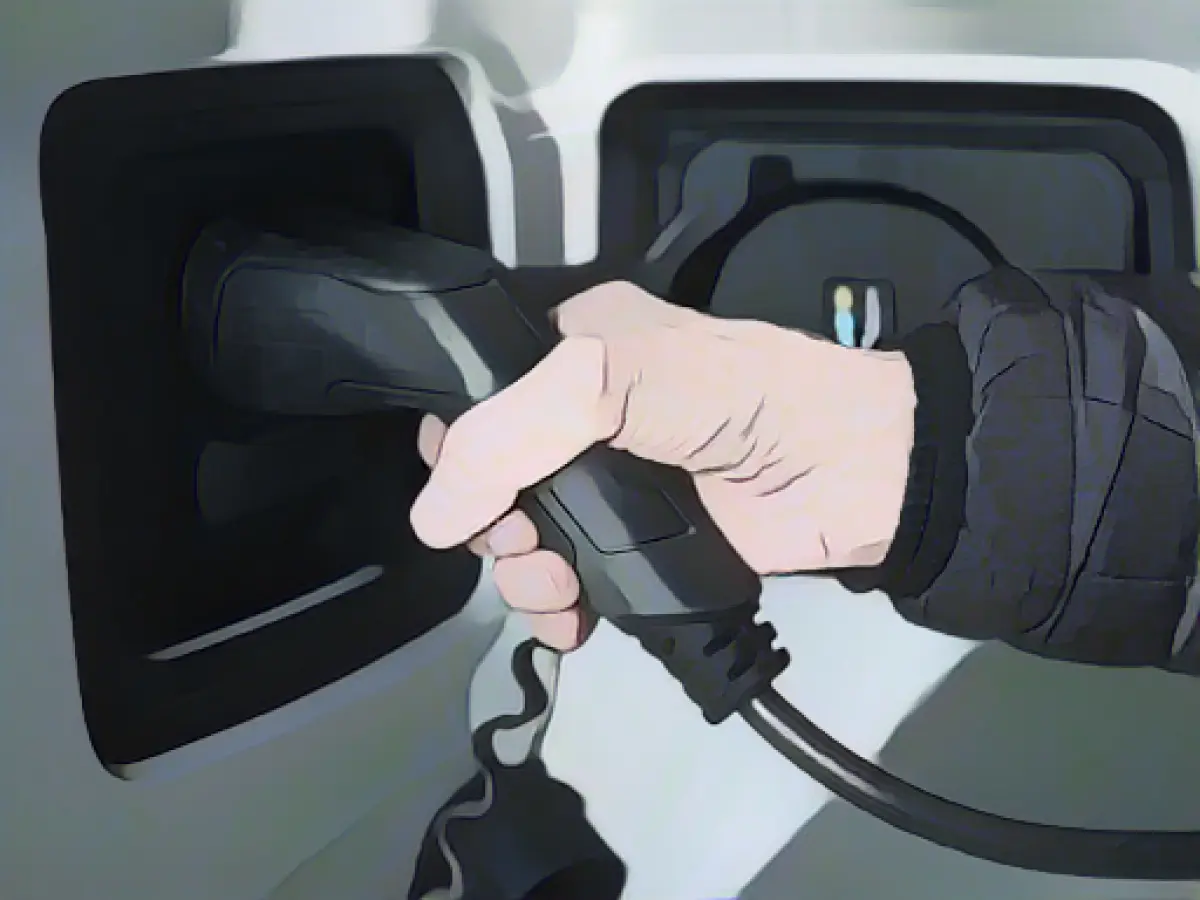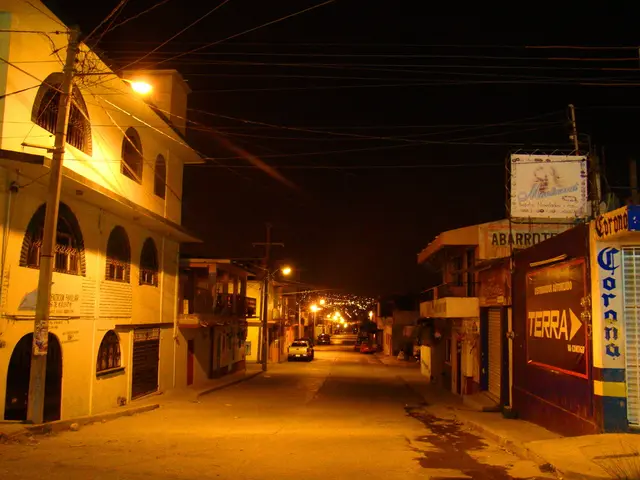Power Grid Relief with Dimming Rules for Heat Pumps and Charging Stations
Are heat pumps and private electric vehicle chargers causing power grid issues? Not anymore, says the German Federal Network Agency. In a recent announcement, they've set forth new guidelines allowing grid operators to temporarily adjust the power consumption of these devices during emergencies, preventing grid overload.
Exploring the Problem
The majority of existing electricity distribution grids aren't yet prepared to handle the rapid growth of heat pumps and electric vehicle chargers. Quick digitization and expansion are necessary to avoid grid instability. Until these upgrades can be made, the new regulations will assist in accelerating the transition to renewable energy while preserving grid security.
Adapting Power Consumption
Facing grid overload, electricity grid operators will now have the authority to temporarily cut the electricity consumption of newly installed, controllable heat pumps, chargers, or air conditioning systems. However, a minimum power output is mandatory to ensure continuous operation of heat pumps and maintain electric vehicle charging capabilities.
Controlling Consumption: Options for Household Users
Consumers can choose how grid operators intervene with their devices. They may allow the operators to control individual systems directly or set a maximum output value that must not be exceeded in an emergency. In this second scenario, consumers will manage the reduction using an energy management system, coordinating with their self-generated energy sources (e.g., solar power).
Rewarding Grid Operators
In exchange for compliance with these new rules, grid operators of controllable devices will receive benefits. They could be entitled to annual flat-rate reductions for the grid fee, or a 60% discount on the grid fee for specific devices during intervening periods.
In addition, grid operators can opt for a staggered grid fee based on time-of-day usage from 2025. Lower fees during off-peak hours encourage energy-saving behaviors and help the grid better distribute electricity consumption.
Connecting New Devices: No More Grid Overload Excuses
Under these new guidelines, grid operators will no longer be able to deny or delay the connection of new heat pumps or electric vehicle chargers due to potential local grid overloads. Instead, grid expansions will prioritize, ensuring a reliable connection for consumers.
Precise Grid Monitoring and Control
Grid operators will only intervene in controlling devices during actual grid overloads, requiring real-time data and monitoring to assess the issue accurately. Moreover, grid operators must publicly display their intervention incidents on joint public platforms, keeping consumers informed about potential grid overloads in their area.
Applicability and Transition Periods
Effective from January, these new rules will apply to both new and existing installations with controllable devices. Existing devices with agreements with grid operators may have transition periods, while those without such agreements will remain permanently exempt, with the option for voluntary participation. Night storage heaters will not be included under these new regulations.
Support from Industry and Associations
Major players in the energy sector have welcomed the new rules, noting their importance for grid stability and digital transformation. The municipal utilities association VKU, Germany's largest association of energy companies BDEW, and even Germany's largest distribution grid operator Eon have given positive reviews to the new regulations, citing their potential for promoting electromobility and heat pump transition while ensuring stable grid performance.




